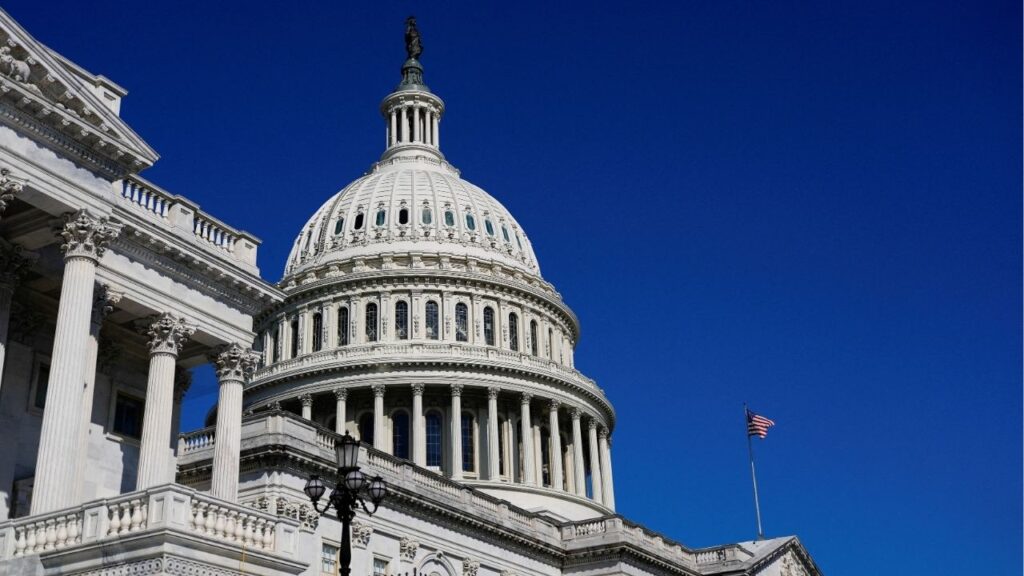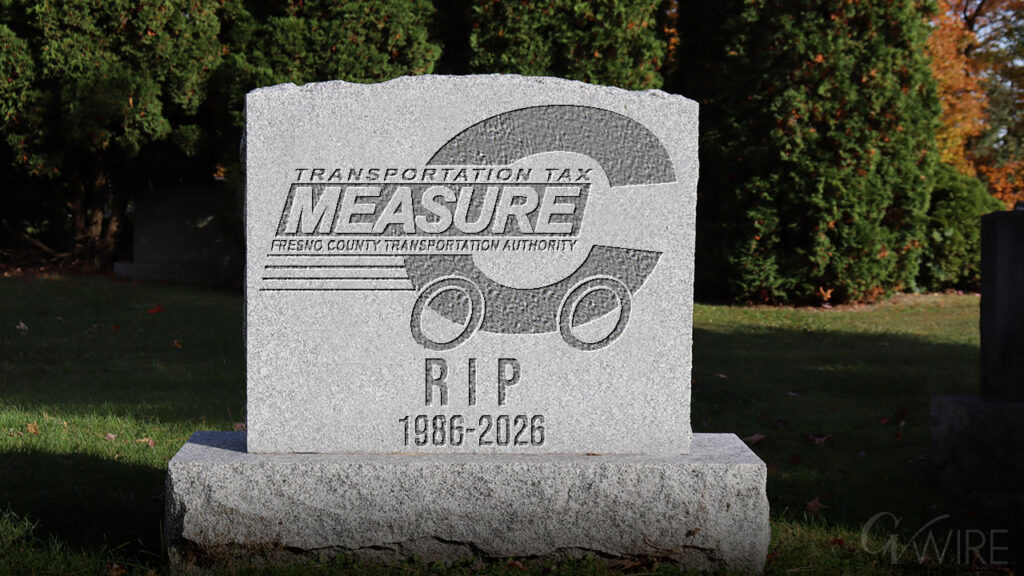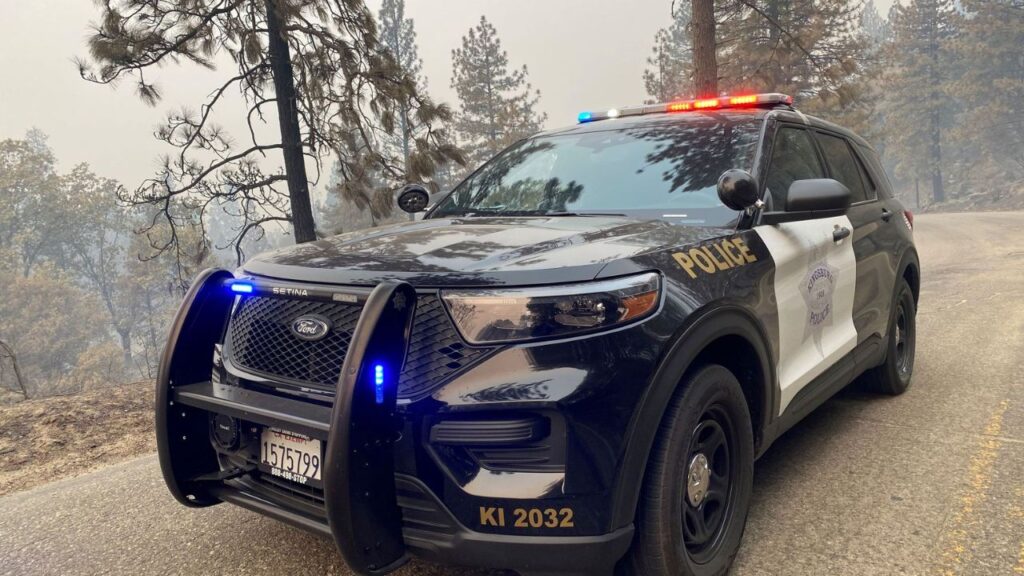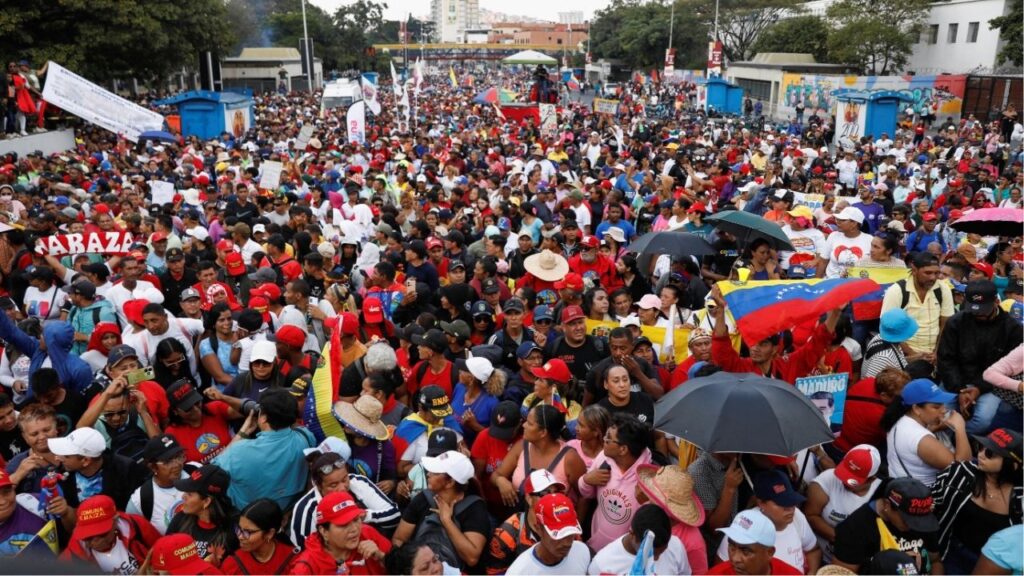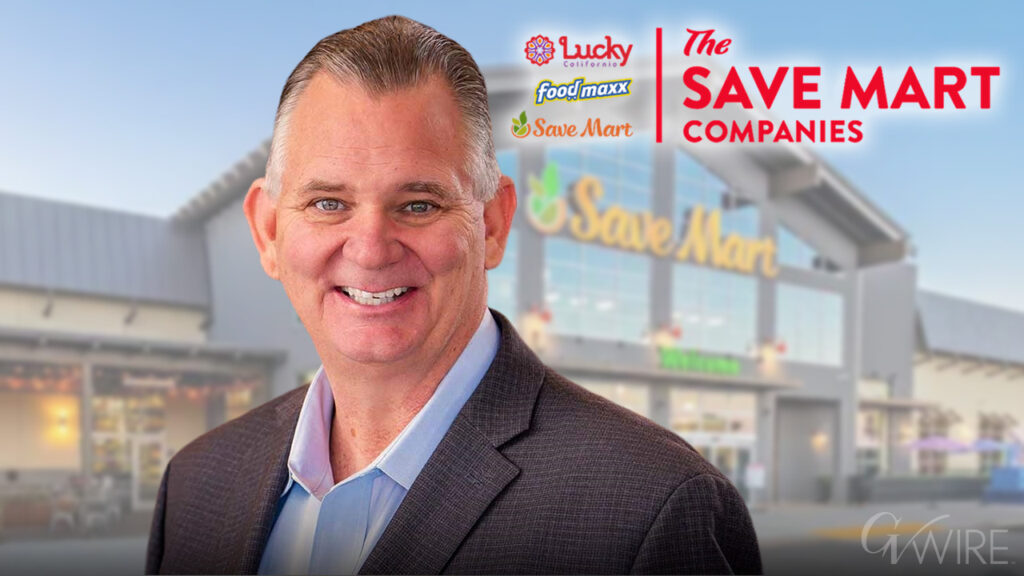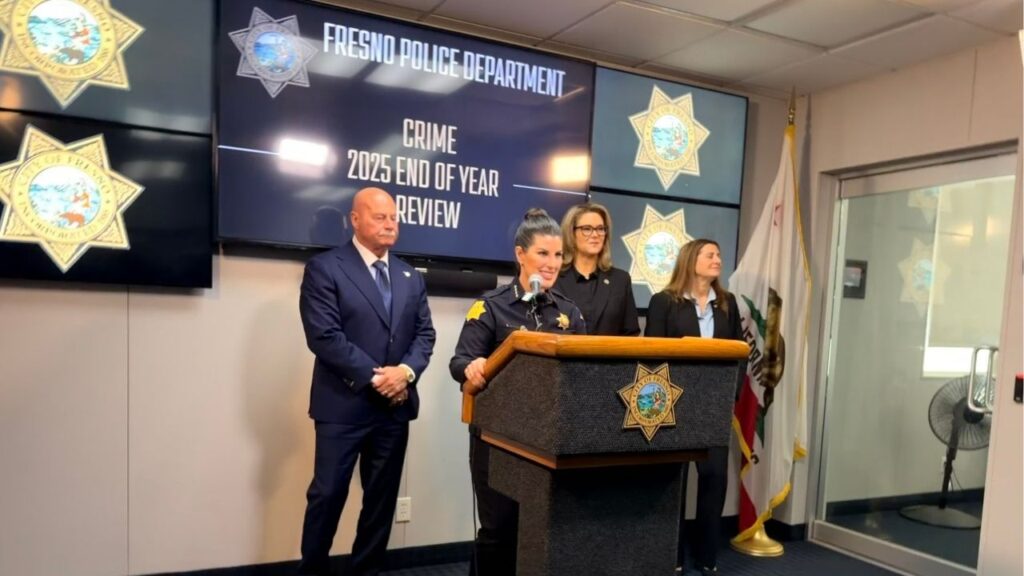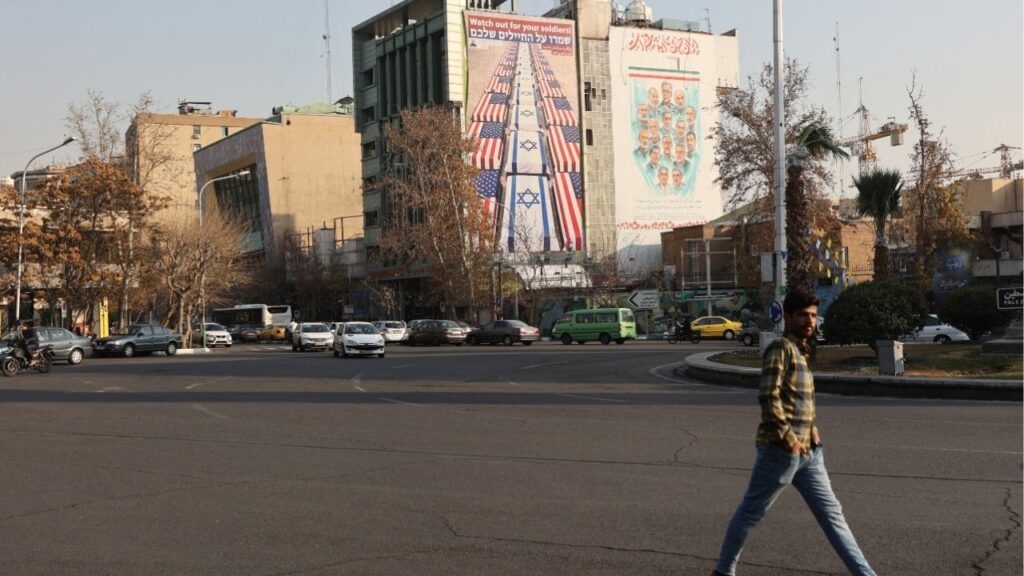Share
Fresno State President Joseph I. Castro said the university already has taken on a significant role in addressing racial inequity and disparities in justice, health care, educational opportunities, and child development through its educational and research programs and its service efforts in the community.

“We clearly have a lot more work to do. And I think that work is something that we all prioritize.” — Fresno State President Joseph I. Castro, addressing the university’s low African American enrollment
But, he told GV Wire this week, Fresno State can — and should — do even more.
The outrage sparked by the killing of George Floyd, a black man, at the hands of Minneapolis police has sparked calls for reforms in policing as well as demands for more equality in health care, education, and economic opportunities for African-Americans, who are among the people of color who have been hardest hit by the COVID-19 pandemic.
Castro said that he was proud of the students from the Fresno State chapter of the NAACP who organized the rally and march in downtown Fresno. Unlike protests in other cities, Fresno’s 3,000-person march was free of violence, a top priority for the student organizers.
Two Protests, Different Outcomes
Ironically, Fresno State officials learned during the same weekend that several students might have been involved in a traffic altercation in which a Jeep struck a protester at a Visalia event, prompting the university to launch an investigation.
“It does … raise the question of how we educate students, faculty, staff from all different backgrounds so they fully understand the experiences of African-American youth and adults, and not just understand, but become allies to make sure that this community is treated with the dignity and fairness and respect that they deserve,” he said.
“And I’m hopeful that Fresno State can play a role in educating a group of bold leaders who really embrace the diversity of cultures and understand that we all bring these gifts to the table and make America stronger through our gifts, through our cultural gifts and intellectual gifts.”
The protests, Castro said, highlighted the need to expand opportunities for African-Americans, starting from birth. One of the points made at Sunday’s rally was the disproportionate number of African-American babies who are born prematurely, “and we know from our research that that leads to other kinds of challenges,” he said.
Fresno State works with First 5 Fresno County to address that and other early childhood issues, Castro said.

Enrolling More Black Students at Fresno State
Making sure that African-American students wind up in the pipeline for college is also a focus for the university in working with K-12 partners, he said.
The university’s outreach to the African-American community includes “Super Sunday” visits to churches, yearlong programming, summer institutes, and the “Sweet Potato Project” through which black farmers can mentor agriculture students, he said.
“We are focused on this, but we need more support from the community, from the business community and from other community leaders, frankly, from our families, from all different groups to embrace the potential that our African-American youth have and to help them flourish as the next generation of leaders,” he said.
But Castro acknowledged that the percentage of blacks attending Fresno State is still quite low. In the fall 2019 semester, 2.6% or about 637 students at Fresno State were African American.
“We clearly have a lot more work to do,” he said. “And I think that work is something that we all prioritize.”

Policing Reforms
Castro said the university can play a greater role in addressing the racial disparities in policing that commonly occur across the nation, such as when some police officers and departments target people of color for enforcement or for excessive force.
The university’s criminology department, which Castro said is one of the largest in California, trains many students who go into law enforcement.
“I believe that this is an opportunity for us to look at our curriculum and think about what changes need to be made to support a fair system for everybody,” he said.
Floyd’s death, which resulted after a white Minneapolis police kept his knee on Floyd’s neck even though he said repeatedly that he couldn’t breathe, could be a catalyst for social change, Castro said.
“I do hope that this is an opportunity to raise awareness for people that may have not thought about this in a deep way, but who are open to ideas that make us a much more inclusive community here in Fresno,” he said.
Categories
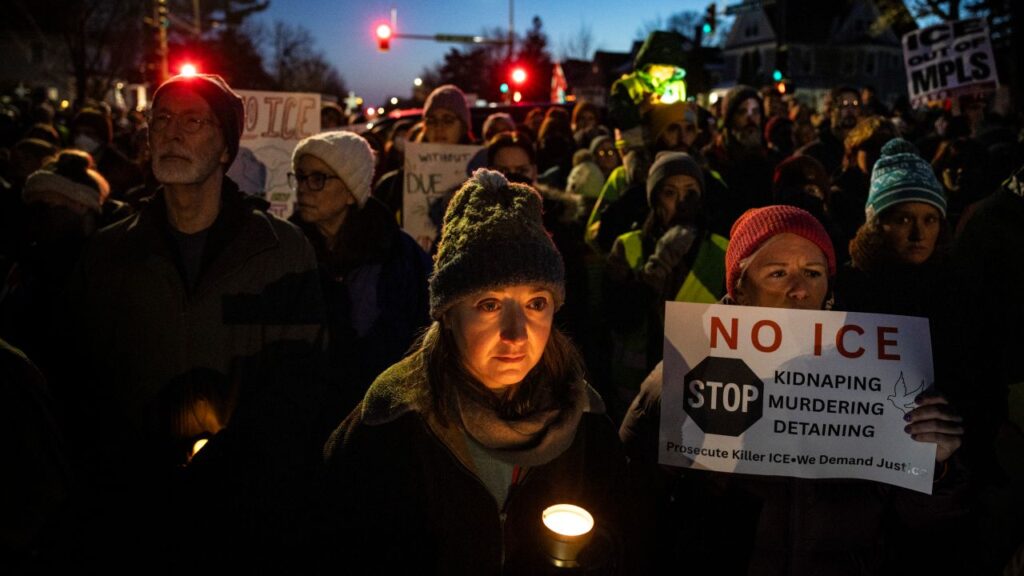
By Killing Renee Good, ICE Sent a Message to Us All
